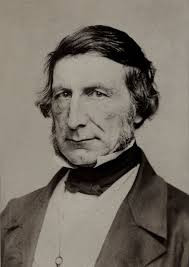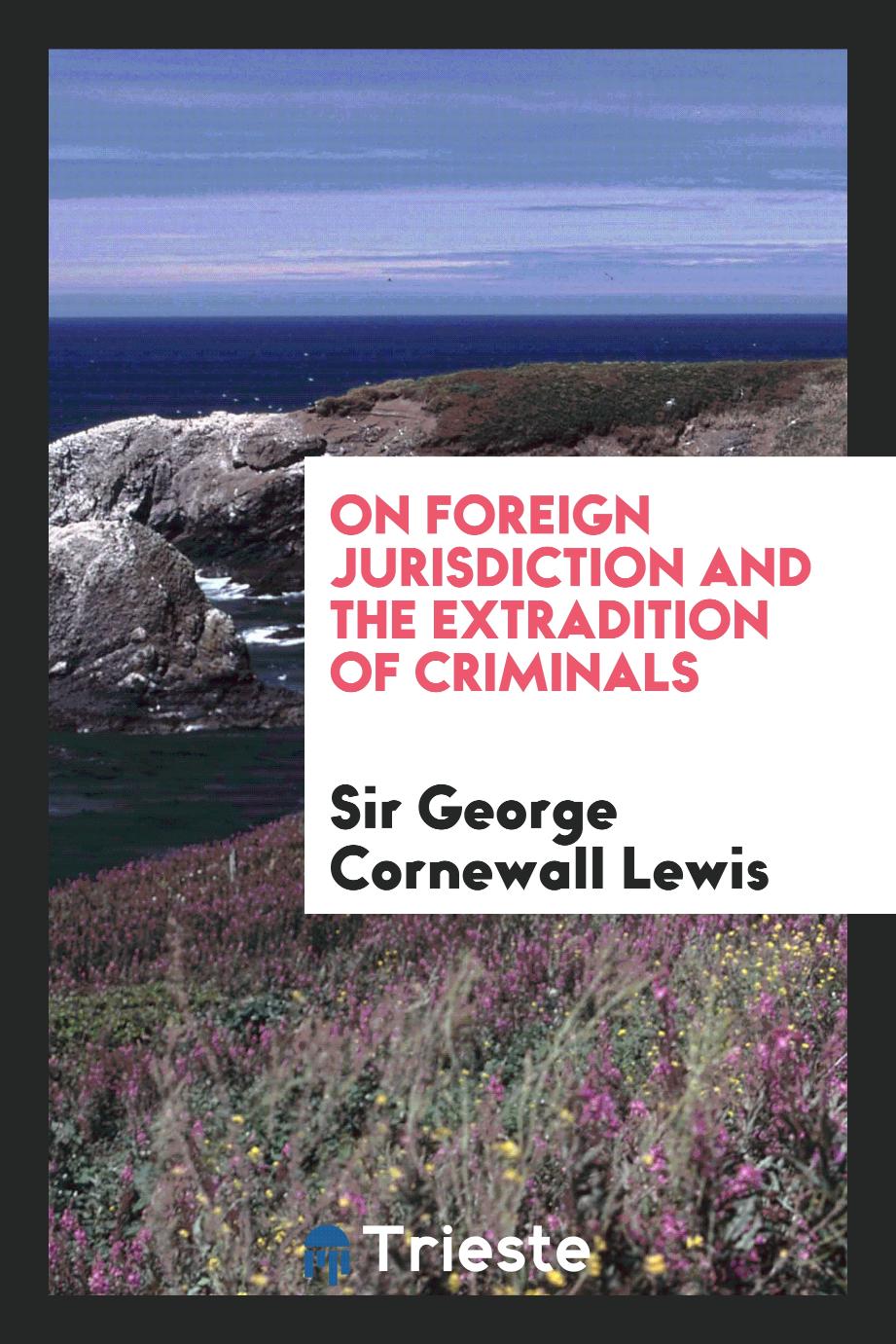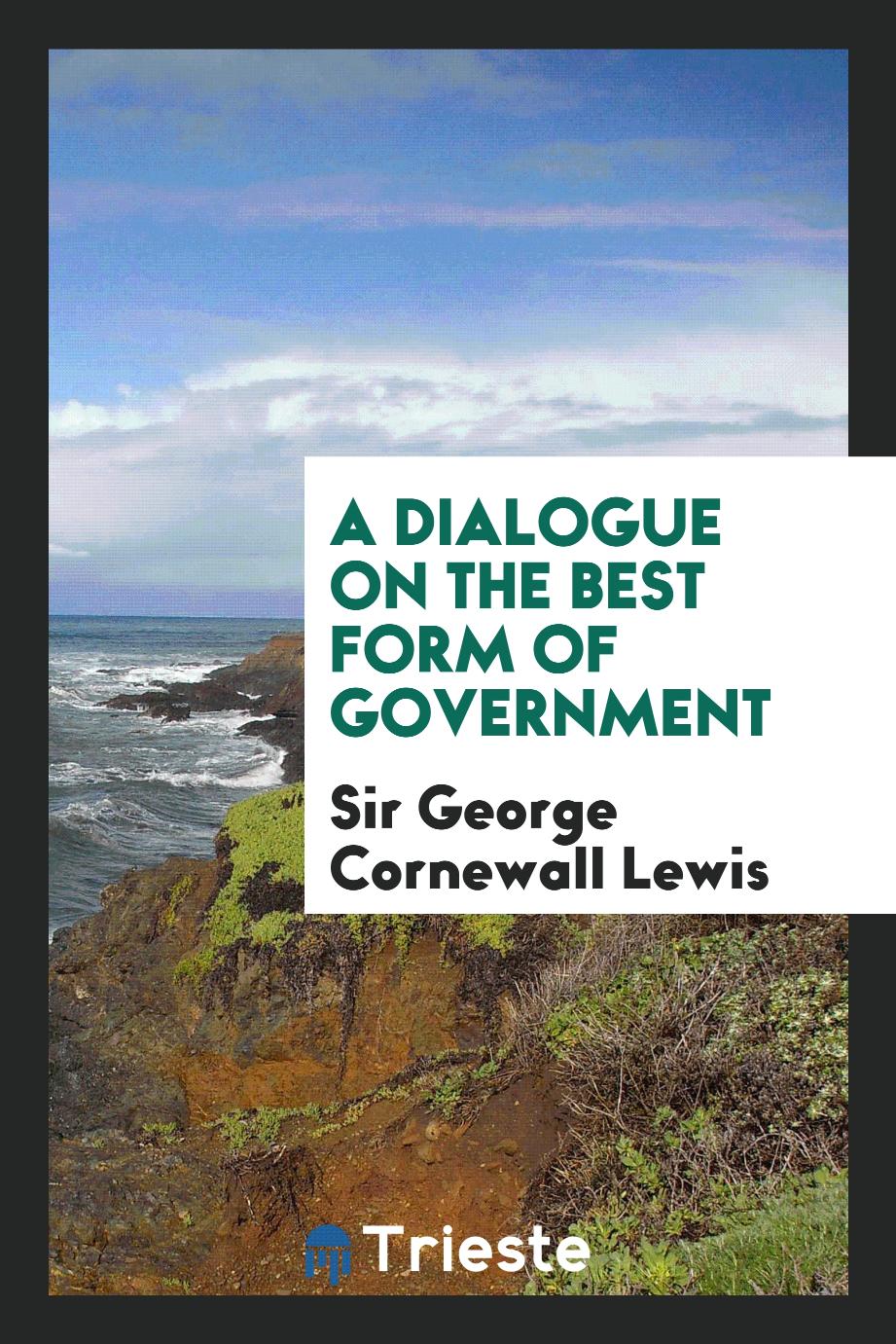
Sir George Cornewall Lewis
Sir George Cornewall Lewis, 2nd Baronet, (21 April 1806 - 13 April 1863) was a British statesman and man of letters. He is best known for preserving the peace in 1862 when the British cabinet debated intervention into the American Civil War. Proponents such as Chancellor of the Exchequer William Gladstone, Foreign Minister Russell and Prime Minister Palmerston favored the Confederacy. They worried about the danger of an extremely bloody race war in the United States, and wanted to restore the supply of urgently needed raw cotton for the Lancashire textile industry. Lewis was a strong opponent, warning that there were very high risks to British interests. His views finally prevailed and the British remained neutral throughout the Civil War. He was born in London, the son of Thomas Frankland Lewis of Harpton Court, Radnorshire and his wife Harriet Cornewall. Thomas, after holding subordinate office in various administrations, became a poor-law commissioner, and was made a baronet in 1846. His maternal grandparents were Sir George Cornewall, 2nd Baronet and Catherine Cornewall, daughter of Velters Cornewall. Lewis was educated at Eton College and at Christ Church, Oxford, where in 1828 he earned a first-class in classics and a second-class in mathematics. He then entered the Middle Temple, and was called to the bar in 1831.


